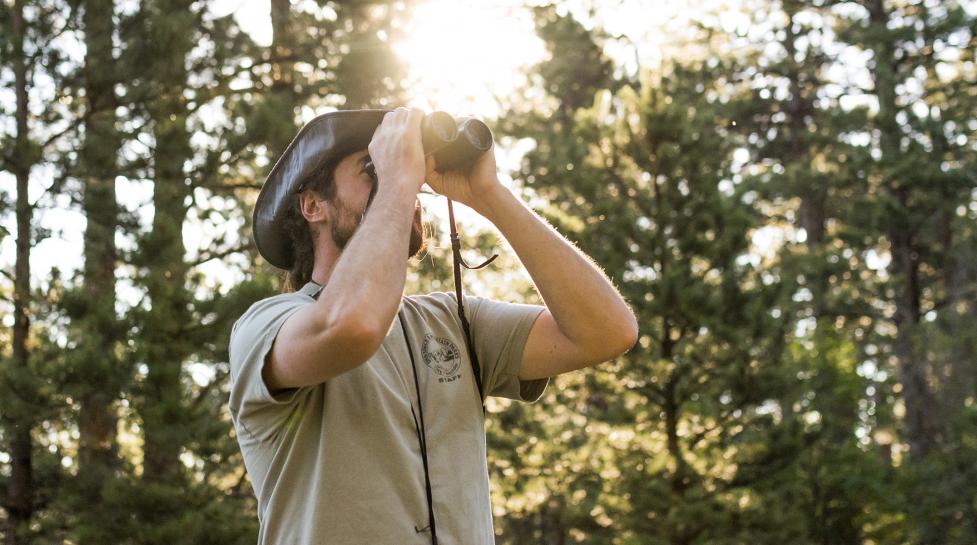City open space is a “learning laboratory” and has helped researchers to publish 400 reports since 1995, with 14 academic articles published in the last two years. This summer, visitors may see researchers conducting projects on open space.
You may never see them on the trail, but almost every day, academic researchers and City of Boulder staff investigate critical land conservation and outdoor recreation science questions on city open space.
Which wildlife and plant species are most vulnerable to climate change? How does open space contribute to community members’ quality of life? How does recreation affect wildlife? What types of conflicts are occurring among people visiting city trails?
Answers to those sorts of questions will help the city navigate land management challenges and opportunities – such as the climate crisis and increasing visitation – and help our community and future generations enjoy and protect shared open space.
For decades, Boulder’s open space has served as a “learning laboratory,” helping researchers to publish more than 400 independent research reports since 1995, with 14 academic journal articles published in the last two years alone. This summer and throughout the year, community members and open space visitors may see researchers and city staff conducting projects that include:
- Conducting surveys to learn more about Open Space and Mountain Parks (OSMP) visitors and their opinions and perceptions of city open space services and public land management to help guide future management actions.
- Identifying ways to monitor for and discriminate between harmful and benign algal blooms at four open space lakes and ponds, including Wonderland Lake. Findings from this study may provide a deeper understanding of the existence or patterns of harmful algal blooms in open space waterbodies. Learn more about algal blooms.
- Understanding how climate change affects the distribution of critical organisms across the city’s open space system. The study will focus on ants, which are sensitive to environmental change, to provide insights on how species distributions have changed from the past and how they may change in the future.
- Collecting temperature data from different natural areas – such as the top of ridges, creek areas and shaded tree locations – to understand temperature variability across the city’s open space system. Data from this study, which city Junior Rangers will collect this summer, could help OSMP provide more informative hiking tips for visitors.
Every year, OSMP sponsors up to 10 research grants and issues 30 to 50 research permits, some of which may allow the use of drones. The department also conducts extensive ecosystem, wildlife and visitation monitoring to inform natural resources and outdoor recreation management decisions. These efforts help to:
- Inform adaptive land management.
- Analyze data to detect changes.
- Evaluate the consequences of management actions.
- Empower citizen scientists.
- Share insights with other land management agencies.
- Translate discoveries in ways that inspire stewardship.
For more information on OSMP’s learning lab, please visit:
- OSMP’s science webpage.
- A “story map” that shows how OSMP works with academic researchers to learn more about lands the city manages and help identify ways the department can improve land stewardship practices.
